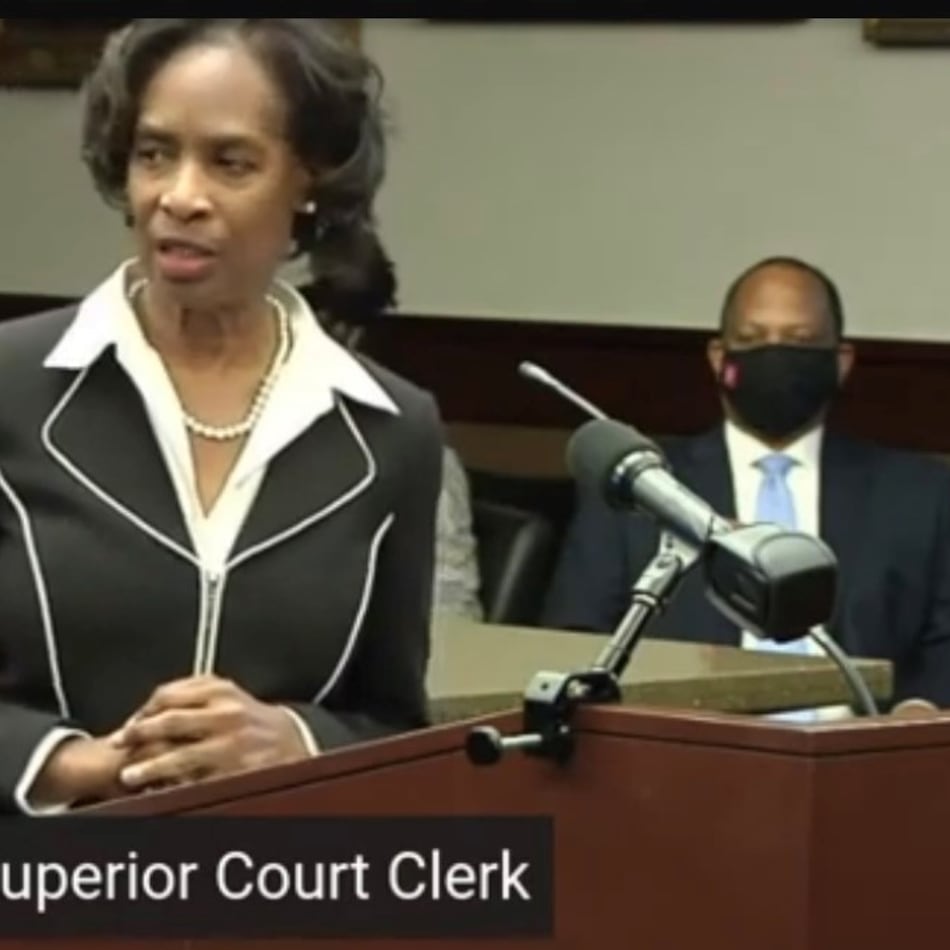A federal appeals court has shut down an environmental challenge to development of a wetland on St. Simons Island, ruling the property falls short of protection under a test recently created by the U.S. Supreme Court.
Tuesday’s ruling by the 11th U.S. Circuit Court of Appeals is a win for Sea Island Acquisition, which filled half an acre of wetland on its St. Simons Island resort with sodding.
The Glynn Environmental Coalition, the Center for a Sustainable Coast and member Jane Fraser have been trying since 2019 to hold Sea Island liable for alleged violations of the Clean Water Act. They claimed chemical-laden runoff from the fertilized sodding pollutes an adjacent creek and salt marsh.
But the 11th Circuit said Sea Island’s wetland is not sufficiently connected to those waterways to warrant protection under the Clean Water Act. It relied on the Supreme Court’s 2023 decision in a separate case, known as the Sackett ruling, holding that wetlands can be protected as so-called waters of the United States only if they have a continuous surface connection to and are indistinguishable from a protected body of water.
“Maps show that the salt marsh, an area of upland, the roads into and out of Sea Island’s hotel parking lot, the median between those roads, and another area of upland separated the wetland from Dunbar Creek,” the 11th Circuit said.
Credit: Supplied
Credit: Supplied
Lawyers for the parties did not immediately comment on the decision.
They argued the case in front of 11th Circuit judges in Atlanta in April, when the judges indicated Sea Island would win.
The environmentalists can now ask the 11th Circuit to reconsider or seek review by the Supreme Court.
Tuesday’s ruling upholds a March 2024 decision by a federal judge in Brunswick to dismiss the environmentalists’ complaint. That judge also relied on the Supreme Court’s Sackett test.
Sean Radomski, an attorney involved in many Clean Water Act cases, said the 11th Circuit’s decision provides the most thorough analysis to date of how the Supreme Court test should be applied. The circuit’s precedent is binding across Georgia, Florida and Alabama.
Radomski said the ruling gives clarity to landowners and could guide President Donald Trump’s administration in creating a new rule about Clean Water Act protections.
Case records show Sea Island sought and was granted permission to fill its wetland in 2013 from the U.S. Army Corps of Engineers and the Georgia Environmental Protection Division. Sea Island told the agencies it planned to construct a new office building and parking lot for its hotel, the Inn by Sea Island.
Instead, Sea Island covered the half acre of wetland with sodding, court filings show.
The environmentalists alleged Sea Island illegally filled the wetland in violation of its permit and the Clean Water Act. That was before the Supreme Court narrowed the definition of protected wetlands.
In its opinion Tuesday, the 11th Circuit said the environmentalists showed only that the wetland sits near Dunbar Creek and the flow of water moves generally from wetland to creek. At best, the plaintiffs showed culverts and pipes might sometimes connect the wetland to other bodies of water, the court said.
“That fact does not tell us whether the connection is continuous,” the court added. “Without that element, the environmentalists’ claims fail.”
About the Author
Keep Reading
The Latest
Featured



